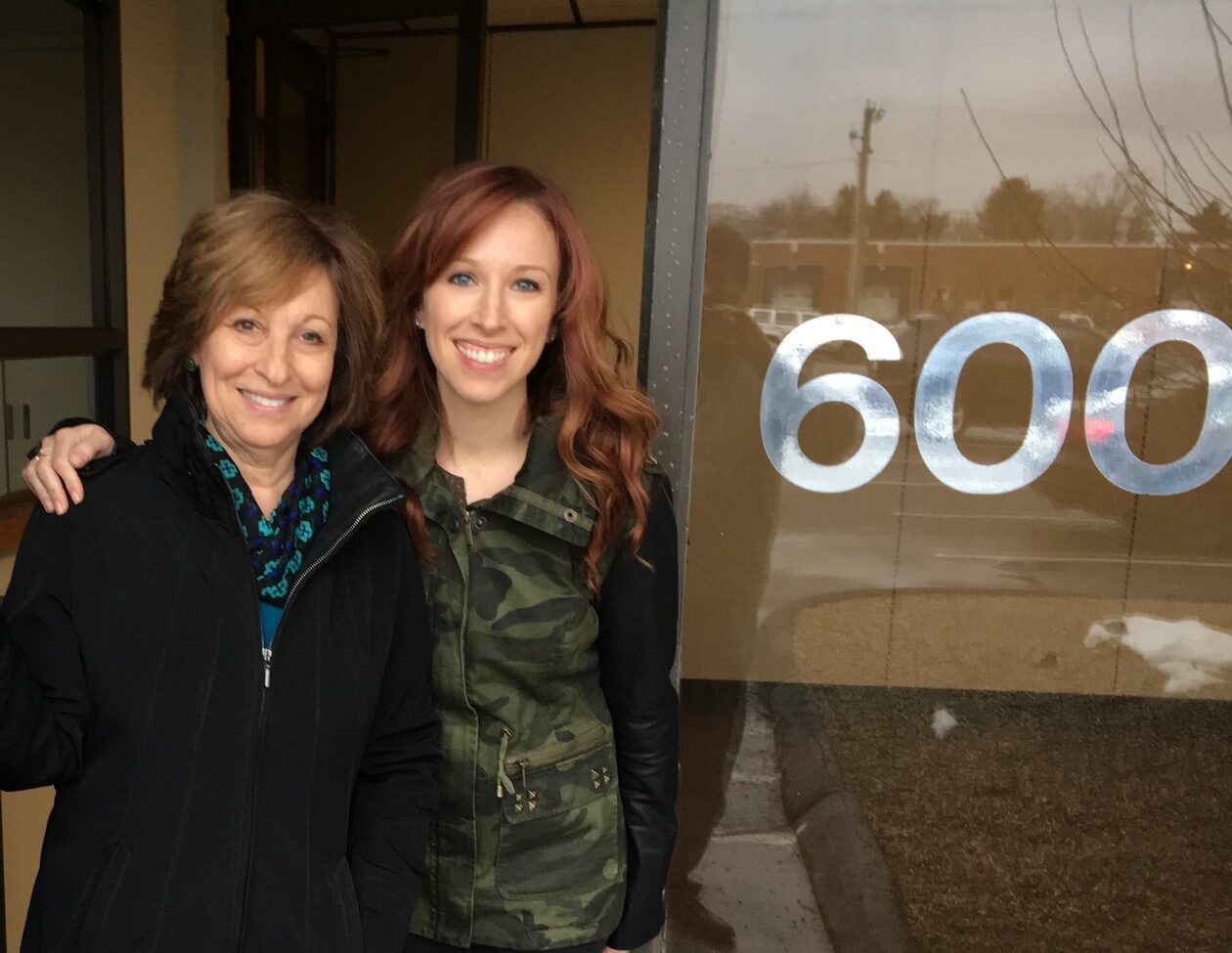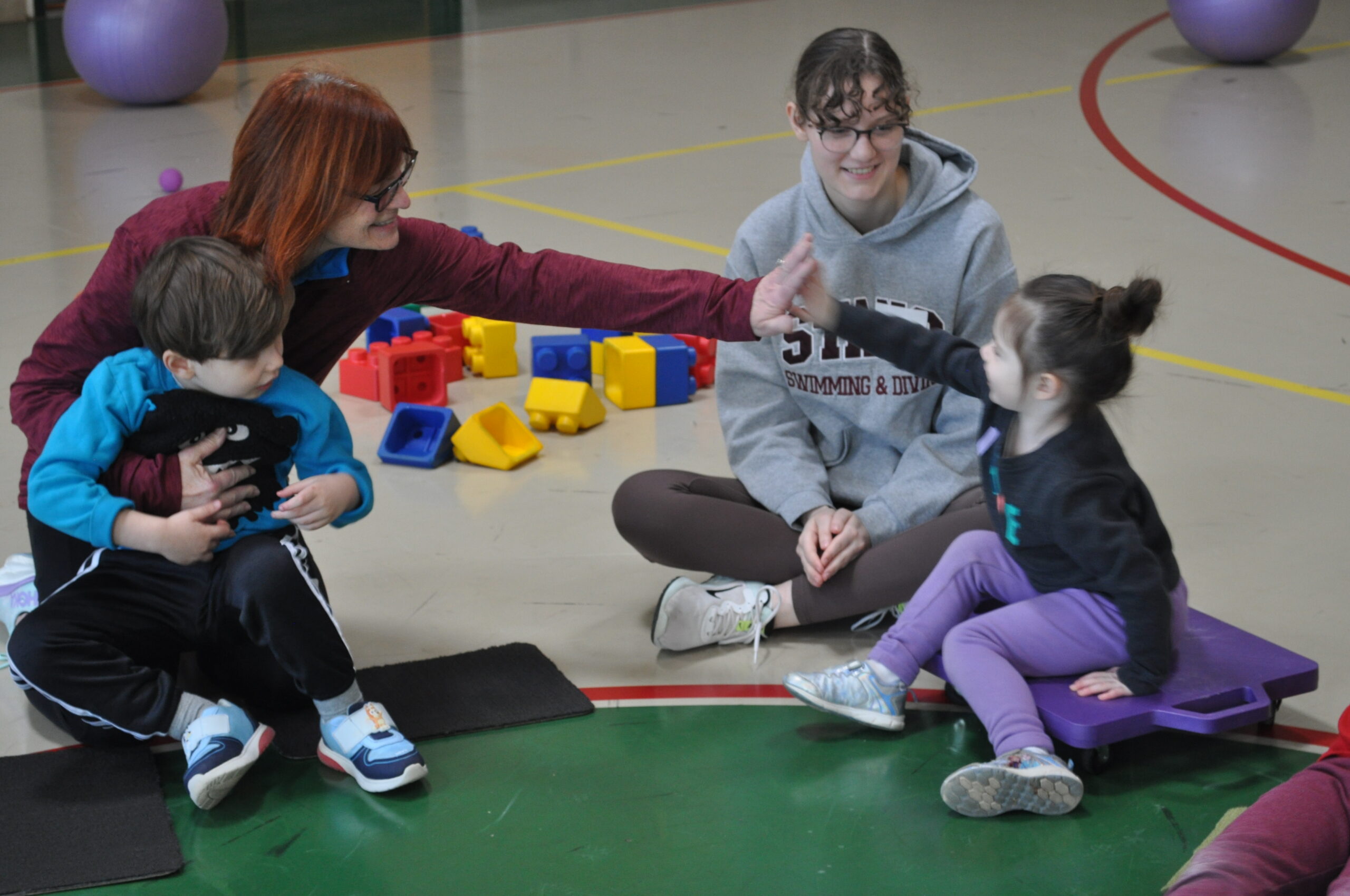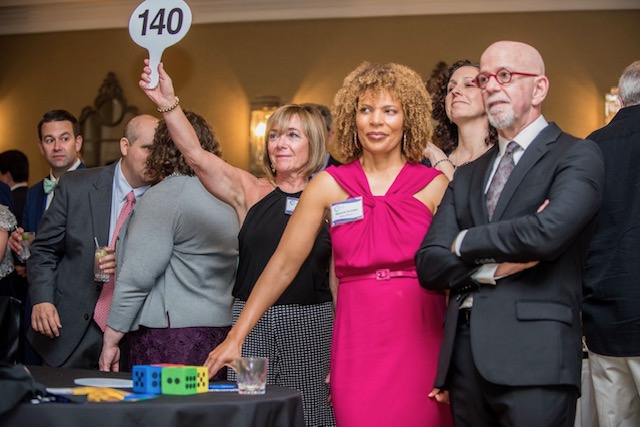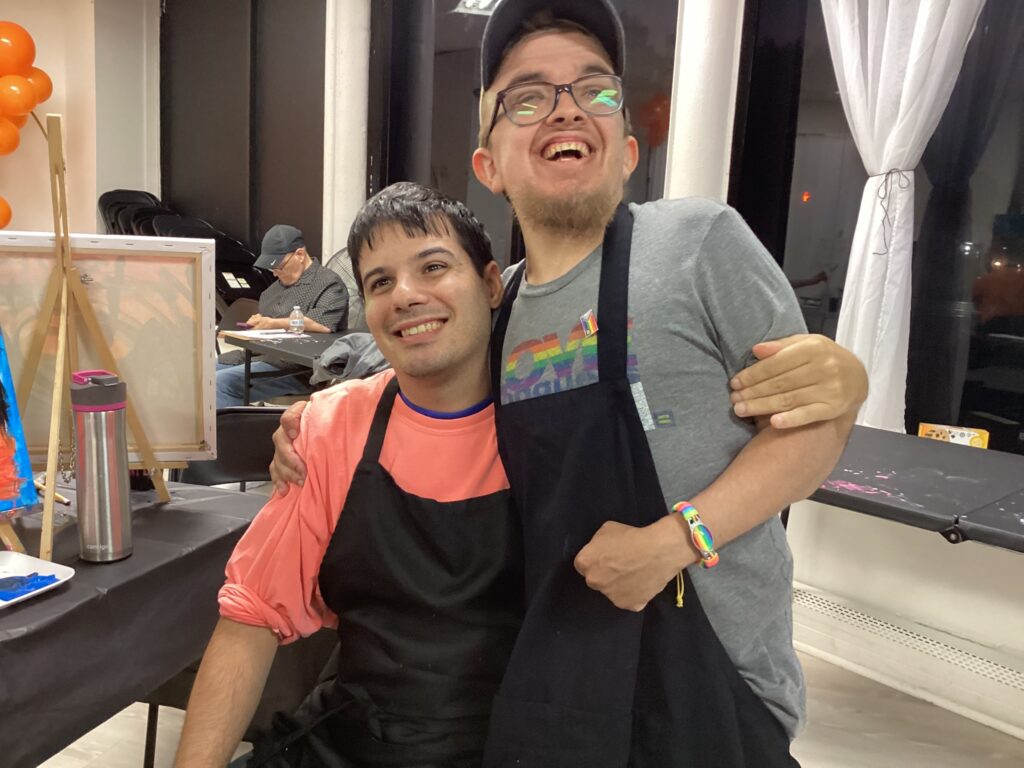Autism Families CONNECTicut Steps Up for the Local Community: Building a Nonprofit From the Ground Up
By Morgan Shaye
The opportunity to be part of a team and community, build friendships, and have a chance to live a full and happy life is what Autism Families CONNECTicut (AFC) strives to provide to those aged 5-35 with autism, says co-founder Jackie Procyk.
When Procyk’s son, Jack, was diagnosed with autism in 2006, she and her mother, Leah Moon, jumped at every opportunity to learn more about autism. “My husband and I started attending conferences and medical programs and learning everything we could about autism. And then that led me to find some autism organizations that were running programs for children with autism.”
“One day Jackie called me in tears,” Moon recalls about a turning point. “They had brought Jack to a local program and saw just how much he needed it. Jackie had also been talking with other parents who felt the same way.” It quickly became clear to both Moon and Procyk that there were few recreational programs available for children with autism in Connecticut.
Following this realization, the mother-daughter duo put their heads together, combining Procyk’s social work background and Moon’s corporate community affairs and nonprofit background to figure out what they could do.
“We started with a very small fundraiser and just two programs in October and November of 2010, and then grew from there,” says Moon. What started as programming that served ages 5-12 quickly transformed into programming that now serves up to age 35.

Inclusive Programming
The youngest age group AFC serves is ages 3-11 with their Playing on the Spectrum program on Sundays in the fall and winter months. This program encourages kids to foster skills such as sports and music.
Additionally, monthly programs meet on Fridays for teens (ages 13-18) and young adults (ages 19-35). Young adults take part in outings such as a bowling night or a meetup at a restaurant. The teens stay in-house at their home base at the Prism Academy in Berlin, Conn., where they will do activities such as board games, paint nights and cooking.
It’s important to Procyk and Moon that these programs are high quality and that those in the program have an input into the activities that they do. “The clinicians have a group meeting at the beginning of the year with the teens and young adults. They ask the participants, ‘What do you want to do? This is your program.’ And then they plan it out for the year. I think that’s important because we try to give our participants a voice in their programming,” adds Procyk.
Terri Larson, AFC’s program manager, says that they are always looking to expand programs to serve a wider range of age groups. “In the past couple of years, we added an additional group on Sunday mornings. We have groups for 4-7-year-olds, 8-11-year-olds and then 12-16-year-olds. We also have another program that’s called Leisure Explorers for ages 12 to 18, where they can check things out and figure out what they like, and then be able to do those things in the community.”
AFC sees the strong friendships and connections built throughout their current programming that serves up to age 35. They are exploring the opportunity to expand their programming to help continue nurturing these connections. “One thing that we’re exploring is trying to figure out how to add an additional young adult program that serves the 35 and above age group. We are also possibly putting together a program that serves older teens and young adults, like a drop-in once a month.”
Moon reiterates the importance of providing the kids with the best clinicians who aim to build one-on-one relationships. “Our trained clinicians are experienced in the field of autism and therapeutic recreation and can support their child’s individual needs.”
Even during the hardships presented during the COVID pandemic, Moon says AFC was committed to supporting their kids to the fullest. “During COVID, our clinicians were so amazing that they took the programs virtual; kids were able to sit home and pull out an electronic device. The interaction was amazing. We are truly devoted to serving individuals on the autism spectrum and taking care of them as best we can.”
No matter which programs these kids are in, Procyk restates how their values have always been the same. “Our mission has remained the same from the beginning: providing recreational programming. Our core values focus on belonging, increasing confidence, personal growth, creativity and playfulness; we have never strayed from that mission.”
“Our programs give those with autism the opportunity to establish friendships and relationships like other teens and young adults do on a Friday evening. That’s really one of the goals that we have for the program so that people can make those connections and have lifelong friendships because of their connections at our programs,” adds Larson.

Building Community Amongst Parents
While the focus is on supporting individuals on the spectrum, the organization also aims to create a space for families to connect. “It was always our goal that when the children were in the gym with their program, parents were meeting with their peers, with other parents, sharing information,” says Moon.
Procyk adds that one of the things that was comforting to her after her son Jack’s diagnosis with autism was having that community support from people who understand what you are going through. “You just feel this level of comfort—like I’ve known these people for 15 years and we’ve been through it all together,” she says about the community of parents at AFC.

The Value of Community Support
Additionally, Autism Families CONNECTict is thankful for the support of the nearby community, including volunteers and donors. Procyk says that this time in our country brings a lot of uncertainty that directly affects nonprofits. “Families are very stressed right now, not understanding the financial implications of the plan for national and state funding, which is threatening the health and wellness of autistic individuals. Families rely on this funding for caregiver support or healthcare.”
AFC primarily relies on fundraising and grants to help support their programming so that they can ensure it continues to be low cost and high quality. “The money goes to the programs, to the people who plan and run the programs, and then to make sure that we can have as many programs as possible,” explains Moon.
In the summer of 2025, the organization raised money and awareness at its annual golf tournament, which took place on June 30 at the Hartford Golf Club. In addition to an auction, they had a variety of speakers, including those who are on the spectrum, and NBC Connecticut’s Bob Maxon as the emcee for the night.
AFC is especially excited to celebrate their next event, which is the upcoming 15th Anniversary Gala. The gala, called A Night of Friendsgiving, will be held November 6 at the Pond House in West Hartford, Conn.
The community is encouraged to step up and volunteer at AFC’s events, including the 2026 Annual Golf Tournament and the upcoming gala. “It’s important for the community to be involved and engaged. We need volunteers for our programs to be successful. We are looking for volunteers who are passionate and want to learn about autism and the different challenges that the diagnosis presents,” Larson concludes.
Connect to volunteer or donate at autismfamiliesct.org.








More Stories
Hospital for Special Care’s Ivan Lendl Adaptive Sports Camp
Special Olympics Connecticut: Supporting and Inspiring a Special Community
Healing Meals: Supporting Nourishment During a Health Crisis and Beyond